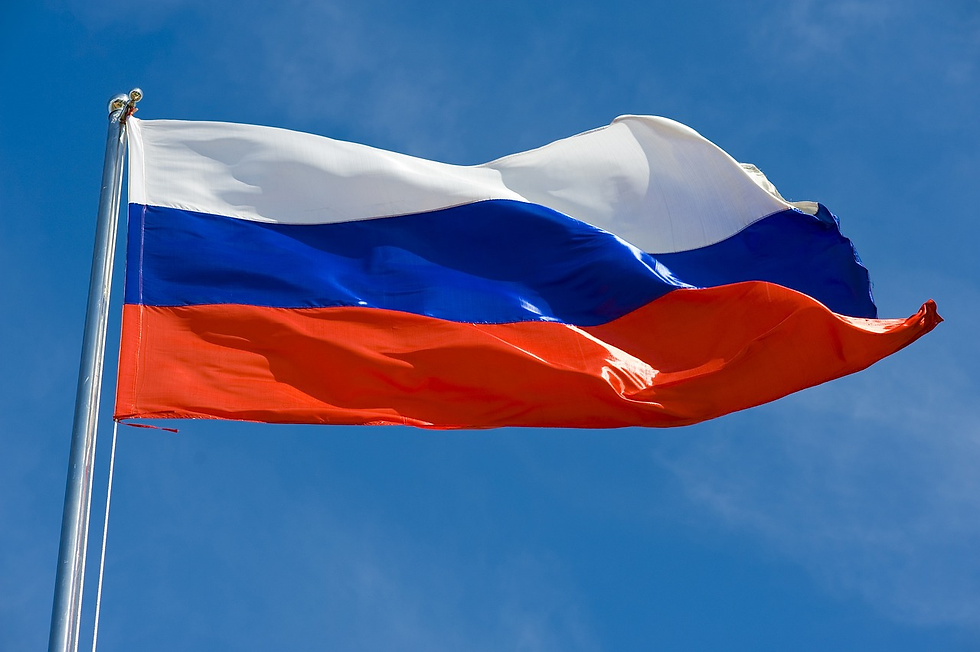Norwegian Computer Expert Creates Website to Spam Russian Email Addresses with Truth about War
- Kai Torrie

- Mar 15, 2022
- 3 min read
Updated: Dec 23, 2024
Following the recent Russian invasion of Ukraine, a Norwegian computer expert has created a website, allowing anyone to send an email about the war in Ukraine to at least 150 Russian email addresses at one time. The goal is to shed light on the reality of the war that the Kremlin is hiding.

The website has been sending emails with the subject line “Ya vam ne vrag” (“I am not your enemy”) to email addresses across Russia. The email is sent in Russian with an English translation. The introduction reads “Dear friend, I am writing to you to express my concern for the secure future of our children on this planet. Most of the world has condemned Putin’s invasion of Ukraine.”
In the short span of time since this campaign has been launched, more than 22 million of these emails have landed in Russian inboxes, and they are being sent by volunteers all around the world. It is just one of the more obscure ways in which hackers, activists, and everyday people around the globe are trying to help circumvent media and censorship laws within Russia. Hacker groups also disabled some Russian media sites, and defaced others with anti-war messages.
These emails have captured the imaginations of those who want to educate Russian people on the recent tragedies caused by Putin. Some have drawn parallels to earlier uses of aircrafts to drop leaflets in countries, as was done in Germany in World War 2 and in Korea during the Korean War.
Fabian, the 50 year old who set up this spam emailing software, doesn’t want his surname published for fear of retaliation from the Russian authorities. However, he felt compelled to take action after growing increasingly worried over the prospect of a third world war. His website is circumnavigating Russian censorship through a mix of clever computing and people power, and he estimates that tens of thousands of volunteers have participated since the website went live. He worked with five colleagues to create the finished project, by trawling the internet, and compiling a list of all known Russian email addresses. Over 90 million active accounts were identified.
Users of the website can choose anywhere between 1 and 150 recipients for any one email, and people can personalise the contents of the template to increase the chances of it being read. Fabian aims to receive real replies to these emails, hoping to spark a conversation about the war. He says some accounts will be more active than others, and, in some cases, the email may end up in the junk mail folder. However, he maintains that many of the messages are being read, and some are even evoking replies.
Alex, who was part of the team testing the system, became engaged in a conversation with a 35-year-old woman from St. Petersburg who wanted to learn more about the situation. She told Alex that she was encountering difficulties when trying to access European news, due to blocks on websites. Alex explained how to evade these blocks to her, and now considers her a friend.
To the question of if his methods could endanger Russian citizens, he says: “You can't charge the recipient of the email. They’re served our email without being able to consent to it, so it’s kind of involuntarily receiving a leaflet. It’s literally a war. You have to stand up for what you believe in. And I believe in this.”

_edited.png)

Comments